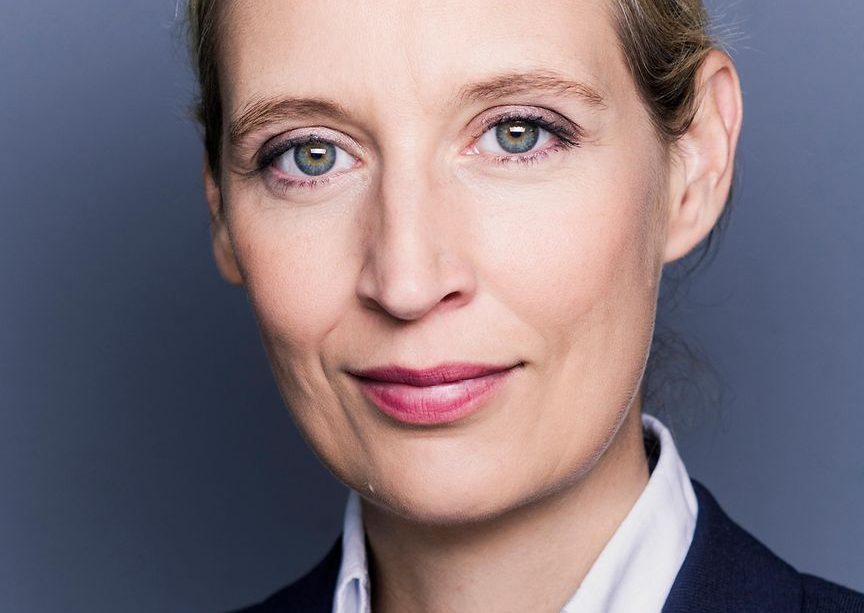Alice Weidel: A Rising Star in German Politics

Introduction to Alice Weidel
Alice Weidel, the co-leader of the Alternative für Deutschland (AfD) party, has emerged as a prominent figure in German politics. Known for her charismatic leadership and controversial statements, Weidel’s influence within the political landscape has become increasingly significant, particularly ahead of the upcoming national elections in Germany. As the AfD continues to gain traction among disenchanted voters, Weidel’s policies and advocacy are crucial for understanding the current state of German politics.
Weidel’s Political Journey
Born on February 6, 1979, in Gütersloh, Germany, Alice Weidel is an economist by training, having studied at the University of Bayreuth and earning her doctorate in economics. She began her career in finance, working for companies such as Goldman Sachs and management consultancy firms. Weidel became involved in politics with the AfD in 2013, slowly rising through the ranks to become co-leader of the party in 2017 alongside Alexander Gauland.
The AfD was initially founded as a Eurosceptic party. However, under Weidel’s leadership, it has shifted focus towards stricter immigration policies and nationalist rhetoric, capitalising on growing anti-immigration sentiment in Germany. In the 2017 federal elections, the AfD secured 12.6% of the votes, making it the third-largest party in the Bundestag and marking a significant shift in German politics.
Recent Developments and Influence
As Germany continues to grapple with the challenges of immigration and economic stability, Alice Weidel has become the face of the AfD’s response to these issues. Her speeches often highlight the party’s stance against what they describe as failures of the current government, particularly regarding asylum policies and European Union regulations. Recent polls suggest that the AfD’s popularity is on the rise again, with Weidel playing a pivotal role in galvanising support within the party’s base and beyond.
Critics of Weidel often point to her controversial statements and the party’s far-right associations, raising concerns about the potential for increased polarisation in German society. Nevertheless, she remains an influential figure, frequently appearing on German television and participating in debates that draw significant public attention.
Conclusion and Future Prospects
In conclusion, Alice Weidel’s role as a leader within the AfD is emblematic of broader trends in German politics, where populist and nationalist sentiments are gaining ground. As Germany approaches its next federal elections, analysts predict that Weidel and her party will continue to be influential forces shaping political dialogue and policy making. Her ability to connect with voters disillusioned with traditional parties may prove crucial in the months ahead, as the political landscape continues to evolve.









